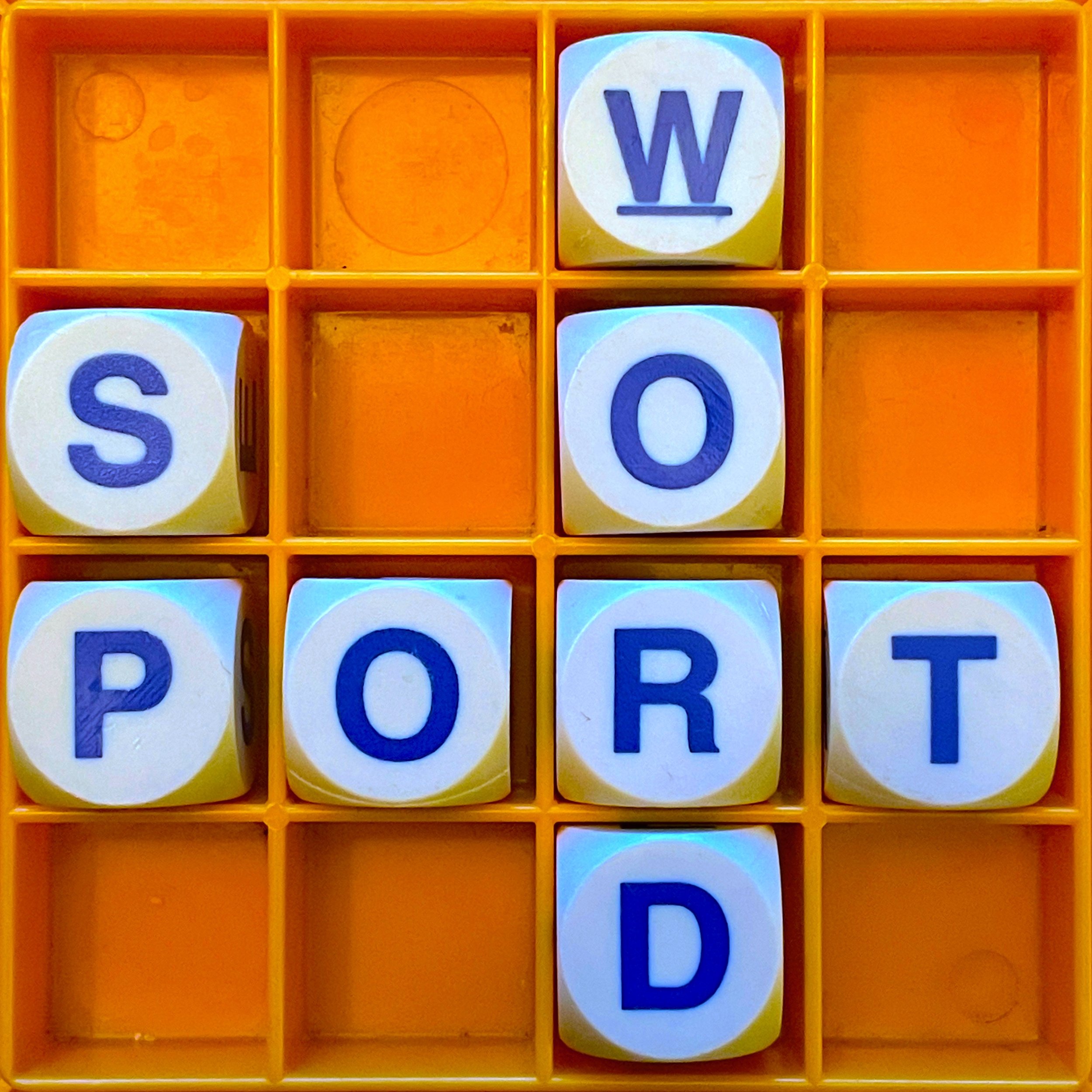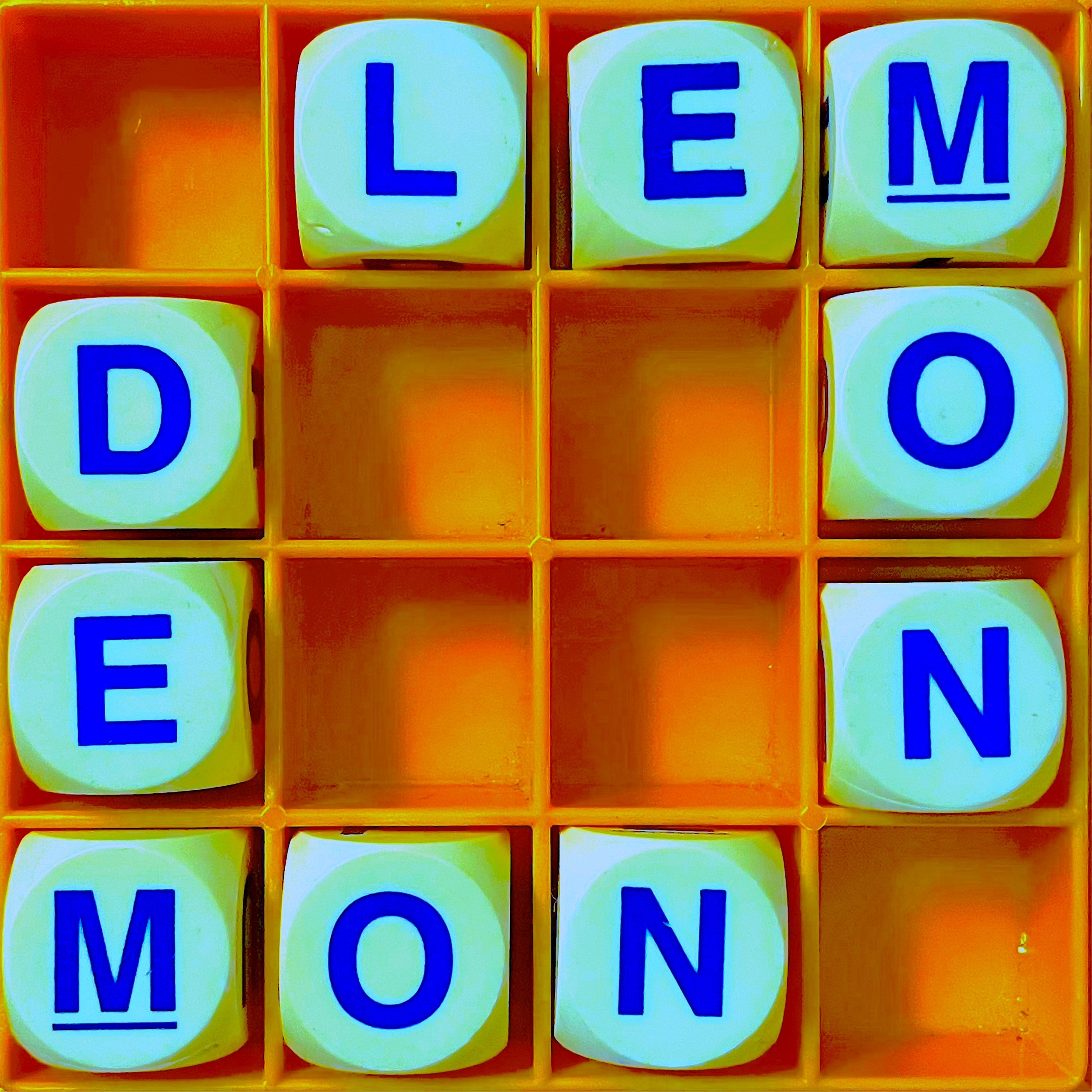Unleash the bees!
Read moreAllusionist 196. Word Play part 6: Beeing
DEV SHAH: Spelling is about roots, language. I genuinely loved getting a word I didn't know and having all this information - it was like a detective case: you have the language of origin, the definition, alternate pronunciations, roots; it's like witnesses and having details to a crime scene, forensics. And, you know, it was just me piecing out together, doing what I love, in front of millions of people, shining on a stage, cameras, and still getting a lot from it.
HZ: And you got to do all that detective work in ninety seconds.
DEV SHAH: Exactly.
Allusionist 193 Word Play part 3: Lemon Demon transcript
AJ JACOBS: Anagrams played a part in a trial, sort of a witch trial in the 1600s in the UK. And it was a woman who was put on trial for claiming that she was a prophet. Part of her proof was that if you rearrange the letters in her name - her name was Eleanor Davies - if you rearrange it, then it says, ‘Reveal, O Daniel’, as in the prophet Daniel. I don't believe that that was proof she was a prophet. They came down on her hard in the trial, so they said, “If you rearrange” - her married name was Dame Eleanor Davies - “and you rearrange those letters, it spells ‘Never So Mad A Lady;.” So like, “she's so crazy.” So that was how she was convicted. And by the way, that was when anagrams were easier, because there were so many spellings.
Read moreAllusionist 192 Word Play part 2 transcript
HZ: People assume to my face that a podcast about language won't be fun, and they're like, “Why would you do something that sounds so boring and dry and like a punishment?” What kind of reactions do you get when people learn that you make games about language?
KATHRYN HYMES: It's so interesting - for some people there's a similar reaction, but for a set of people, it's like you have given them the thing that they have most wanted in the world and maybe didn't realise or articulate or hope that such a thing could be made. And it's somewhat shocking that there's enough of those people and that the internet is able to connect it, you know, connect us to them that we end up finding each other.
Allusionist 84. Trammels - transcript
ROSS SUTHERLAND: We're taught from a young age to be good sports at losing games. Sportsmanship as a concept is all about being a good loser. And yet we're terrified of the concept of losing art. It's a horrible thing to try and to put yourself out there and for it to fail. So if you can reframe it as a game then all the better.
HZ: Because if you fail again you've just failed at the game and not at art entirely.
ROSS SUTHERLAND: Yeah, exactly. You fail at the game, but then you can play again. it's less of a referendum on your own self-worth if you just lose a game, because we play games all the time and so we're very comfortable with our odds. Whereas I feel when it when it comes to art the odds feel a little bit more important, and they shouldn't.
Read moreAllusionist 62: In Crypt, Decrypt - transcript
HZ: Bruce, where are we?
BRUCE: We’re in the Upper East Side of New York, at a unitarian church, for Lollapuzzoola 10 - an annual crossword puzzle tournament. It’s terrifically fun. 250 people will cram into the basement and not see daylight for six or seven hours while we do crosswords.
Allusionist 16: Word Play - transcript
LESLIE SCOTT: Not many people realise the success of Scrabble is based on a statistician figuring out the scoring system - it's the first time someone had a word game where the score of the word game was based on him researching very thoroughly the number of times a particular letter was used. He scoured the New York Times for years counting how many times an E comes up, a Z, etc. Hence the numbers of those letters in the stack to start with was based on this, as is the scoring. And it works, whether or not you like the game. We have a mathematician to thank.
HZ: Probably why it’s not fun.
HZ: Sorry, Scrabble. But a game where you can triumph just by memorizing every two letter word will never have my affection.
Read more






